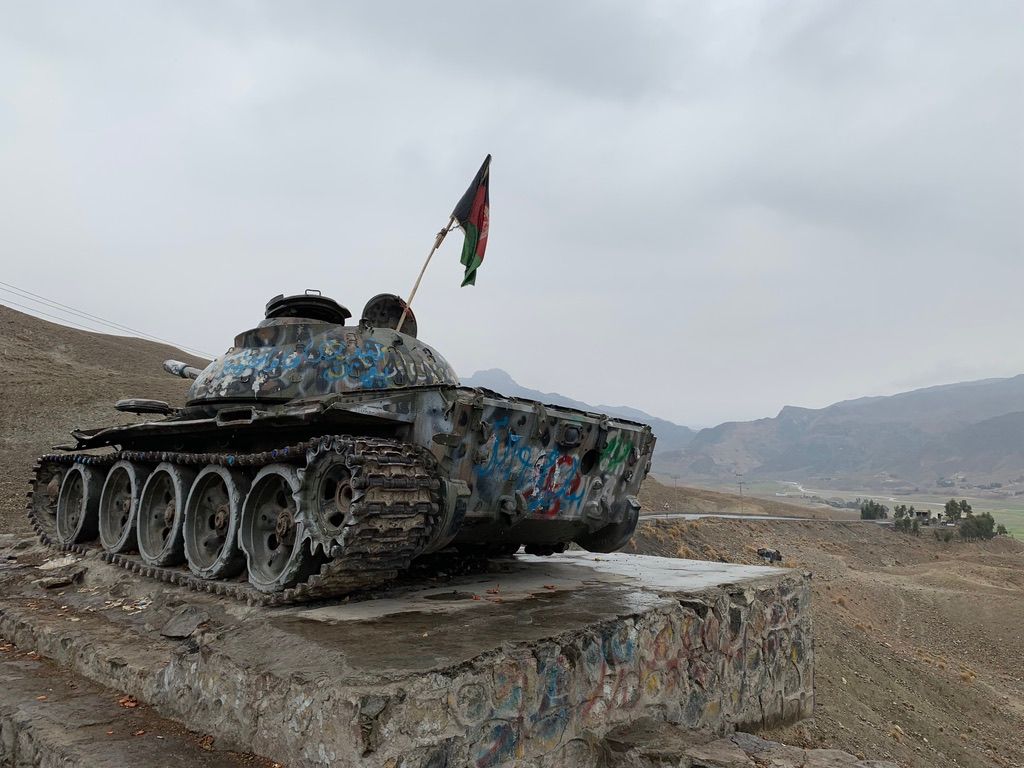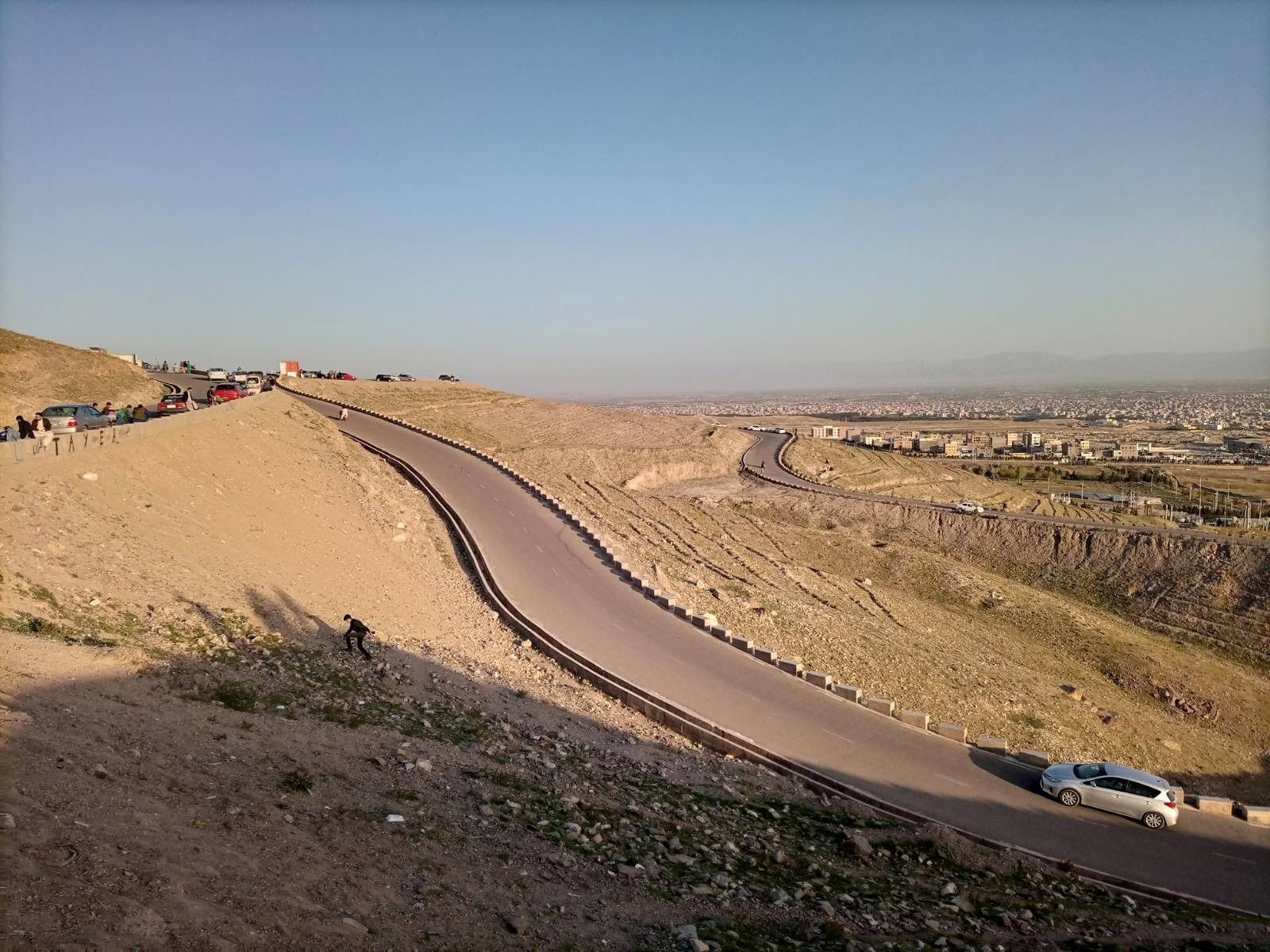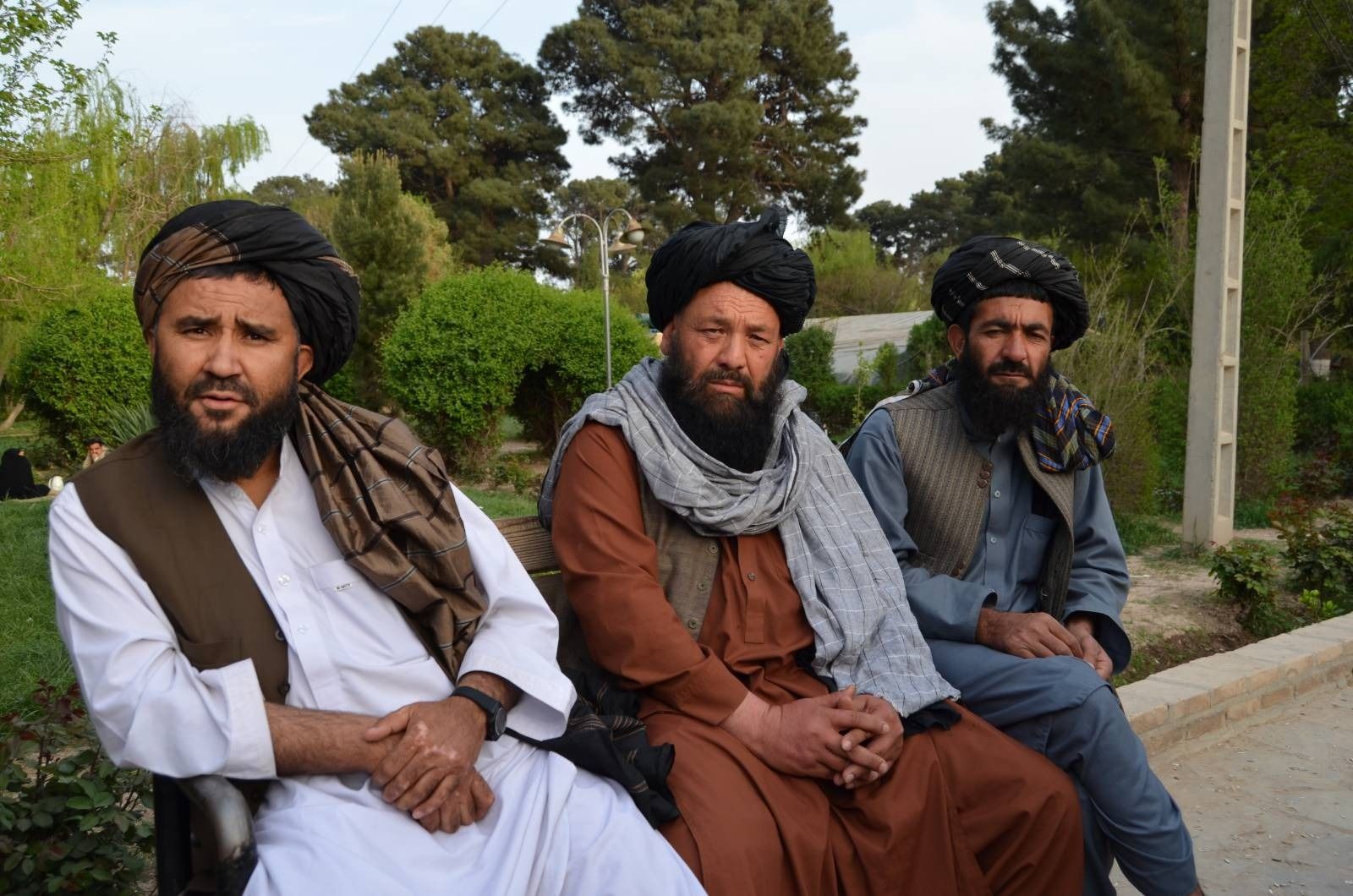Little Hope the Taliban Can Solve Afghanistan's Numerous Crises
Today we ask Afghans for their honest opinions about the current crises.

Reporting by Abdul Ahad Poya, Sima Siawash, Abdul Karim Azim, Mirzahussain Sadid, Nazar Mohammad Razmal Zaman, written by Brian J. Conley, edited by Mohammad J. Alizada
As Afghans celebrate Nowruz, marking the arrival of their new year, the country’s future remains as uncertain as it did on August 16th when the Taliban seized control of Kabul.
During the final weeks of August more than 120,000 Afghans were evacuated from the country. Those who left included many of the country’s most privileged citizens as well as the academic and professional classes.
Once the Taliban secured control of the entire country they set to the work of governing. Over a number of months the Taliban managed to convince a small number of government employees to return to work.
According to some citizens, the evacuation of a large number of the labor force from Afghanistan, created a huge managerial gap in the affairs. This gap has lead to a two-fold crisis, first the country lacks the funds to address food shortages and other humanitarian needs, which is made worse by the loss of Afghan professionals experienced with managing the affairs of government and humanitarian response.
This week Alive in Afghanistan spoke with citizens from around the country to better understand how this two-fold crisis affects them.
Nisar Ahmad Zaki, a government employee, described the humanitarian situation as unsatisfactory, "We have witnessed the flight of our youth, especially the educated ones, in staggering numbers, through both legal and illegal means, which in itself is a sign of a humanitarian crisis and a serious concern."
Mr. Zaki adds that the situation is very fragile from an economic point of view. The Islamic Emirate is cut off from the world, poverty and unemployment are increasing every day, trade is vanishing and banks are running out of cash.

Fauzia Alizada, a hairdresser in Kabul says,: "The current situation is indescribable. If you look at the people's economic status, the rate of unemployment, or the mental state of the public, nothing is acceptable. All these factors have affected our spirit and psyche."
Ms. Alizada believes that people have no hope or aspiration for the future, that the situation has affected the spirits and minds of every single Afghan within the country and abroad.
Liaqat Layiq, an Afghan journalist, believes that The Taliban’s ideology is not even close to human rights and is irreconcilable with the standard for human rights that most countries have a consensus on.
Aziz Ahmad Alakozay from Kandahar said, “With hunger, poverty and unemployment on the rise, the situation is very critical right now. Hunger and poverty have increased so much that people have been forced to sell their children, the current government has not been able to control any of this,
"The situation in the country is fragile and horrifying. Most educated people of the country are trying everything to leave the country. They would rather die of cold at the Turkish border than stay in Afghanistan. There are no jobs and the fear of hunger has made people do anything," Rahmatullah Moahed a former staffer at the Afghan Ministry of Defense, told Alive in Afghanistan.

After speaking about the humanitarian crisis, Alive in Afghanistan asked each for their opinion about the Taliban's ability to manage the crisis.
Nisar Ahmad Zaki says, "I think a country is a huge and challenging responsibility and that requires capacity, management, and knowledge, none of which are a Taliban trait. They have taken the most basic rights from people, such as the right for women to seek education and work. They are incapable of management any way you look at it."
Zabihullah Mujahid, the Taliban’s official spokesman and Deputy Minister for Culture and Information told Alive in Afghanistan, “In regards to capacity building, we are trying to hold seminars. There are several training seminars ongoing in various government offices, we are also going to open up government positions to open competition.”
Mujahid added that the Taliban’s government is much better than the previous Afghan government because of how they have been able to manage corruption.
Afghanistan’s western-backed government which collapsed in mid August of last year was one of the 10 most corrupt countries in the world.
Abdullah, a teacher from Herat says, “The Taliban’s lack of management has only increased the crisis facing Afghanistan. The Taliban have not been able to even pay the salaries of teachers, which is 8,000 Afghanis (about $91) a month.”
Mirwais Zaryab, a student from Badakhshan says, “The Taliban are a bunch of people with no experience and knowledge, they cannot control a government, only some of them are educated in religious matters and you know that religious education has nothing to do with running administrative systems.
Ahmad Fahim Farjam, a resident of Herat says, “The Taliban have been unable to normalize the situation. It has been 7 months since they took over, poverty, and unemployment are on the rise. Unemployment, increase in price of daily goods are just some of the challenges that people are battling with every day.”
A government staffer in Kabul who wished to remain anonymous out of fears of reprisal from the Taliban told Alive in Afghanistan, “I plan to buy a cow that is already giving milk so I can sell the milk and take care of my family that way, and never read a book again.”
“I spent all this time studying and I am being managed by someone who is illiterate”
